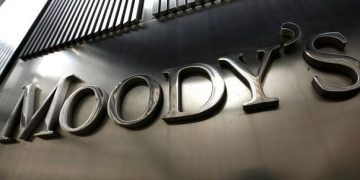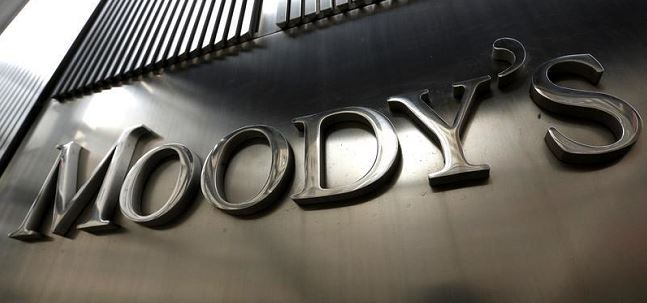By John Ikani
Investors are selling Nigerian bonds at a fast pace due to Moody’s downgrade of the country’s foreign and local-currency ratings.
Consequently, Nigeria’s risk premium rose to the highest level in three months on Monday, according to Bloomberg.
The extra yield needed to own Nigeria’s dollar debt instead of US treasuries has increased by 49 basis points to 780.
Likewise, Nigeria’s 2032 bonds have also gone up 56 basis points to 12%, the highest since October.
These moves could push Nigeria’s credit spreads into distress, with a spread of 1,000 basis points above US Treasury yields.
The country is facing slow growth, fiscal strain, and a shortage of dollars.
The Central Bank recently raised interest rates from 16.5% to 17.5%.
Moody’s also lowered Nigeria’s foreign currency debt ratings to Caa1 from B3, with a stable outlook.
The main reason for the downgrade is the government’s expected worsening fiscal and debt position.
Moody’s says the government faces many fiscal challenges, but its ability to respond is limited by Nigeria’s long-standing weaknesses and social issues.
How do you explain this to a 10-year-old kid?
Moody’s is a company that rates how safe it is to invest in different countries, and has decided that Nigeria is not as safe to invest in as it used to be.
The rating has made some grown-ups who invest their money worried and they are selling their investments in Nigeria’s bonds.
This means that Nigeria might have a harder time getting money from people who want to invest.
The reason for the downgrade is that the government of Nigeria has some problems with their money and they might not be able to fix it easily.




































